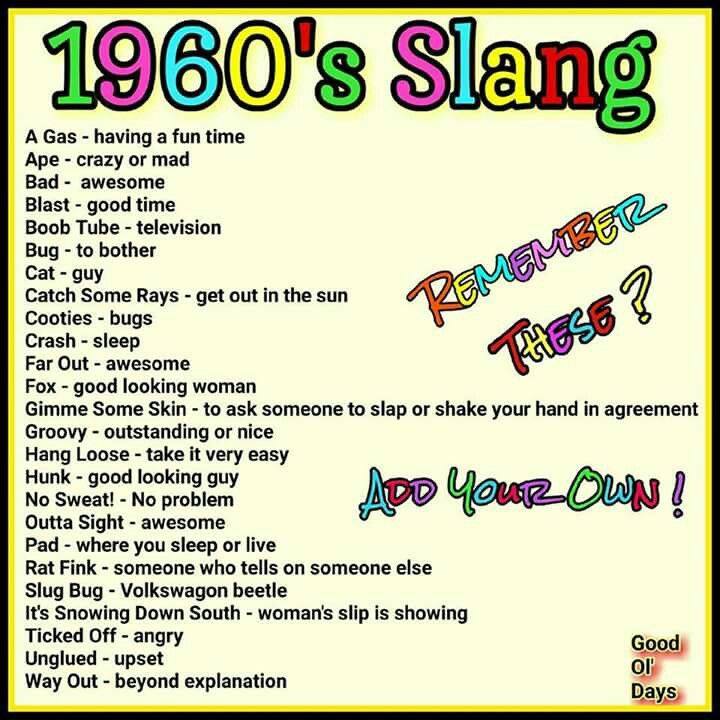

But new personalities arrive, and Tommy Steele may already be representing a meal and Charlie Drake a piece of cake.Ī few of the Cockney rhymes have worked their way into a loftier world. When their renown passes, the rhyme becomes meaningless, eg Edna May for way, or RJ Knowles for holes. The lingo has had many casualties because it used the names of individuals prominent in "showbusiness". To understand is "to belong": to be baffled is to be a stranger, a simpleton, and not "one of us".

It gives its speakers the sense of belonging to an exclusive gang. I remember a gibberish of this kind at my prep school. Wars have also helped to spread it but it has not been anywhere so durable as in the London area. It went to Australia and from there to the west coast of America, carried, no doubt, by gold rush diggers. Yet, whatever its source and with all its silliness, rhyming slang has persisted and travelled with a remarkable vitality. What could "Rory O'More" mean to a Cockney? It seems a senseless way of denoting floor, especially since it could have meant whore and door as well. "The quick-witted Cockney created rhyming - slang as a means of mystifying 'the Micks' and having the last laugh." The Irishmen did not remain mystified for long: they paid back in Irish-flavoured rhyme. Irish labourers worked beside the English. Mr Franklyn suggests the rhymers began their practices amid the navvying of the early 19th century when the canals were being cut and then the cuttings and embankments for the railways. Its origin has sometimes been attributed to the eagerness of the criminal class to have a jargon which would baffle representatives of law and authority: this is to take a poor view of the intelligence of the police since almost anybody can pick up the rhymer's intention when he gets used to the trick of it. Yet this turgid stuff has persisted for 150 years according to Mr Julian Franklyn's interesting chronicles and glossary. He's drunk." It is difficult to discover any point in calling talk "rabbit and pork". He's elephant's" is a cumbrous, and by no means amusing, way of saying "Look at him. It is true that the original rhyming word is sometimes dropped for brevity: but even so, "Have a butcher's at him. That there is anything gained by calling a corner a Johnny Horner, a drunk an elephant's trunk or a look a butcher's hook is hard to see.


 0 kommentar(er)
0 kommentar(er)
